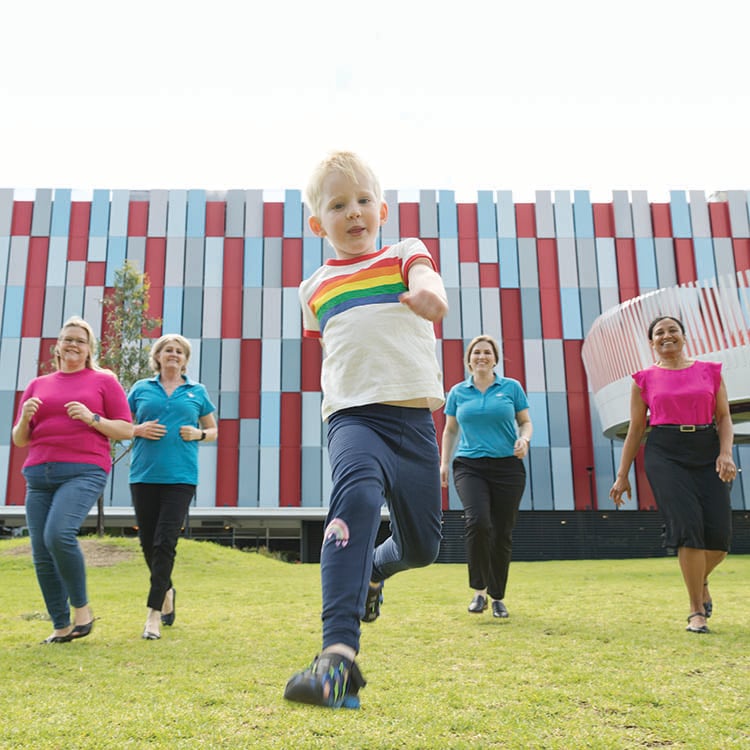Search
Showing results for "1"

News & Events
School excursions at The Kids Research Institute AustraliaThe The Kids Discovery Centre schools pilot program is returning in 2021!

We are trying to understand what underlies mental health problems in young people with diabetes, with a school-related focus, and how we can best treat them.

News & Events
National Diabetes Week (Q&A with Dr Keely Bebbington)For National Diabetes Week, we sat down with Dr Keely Bebbington to talk about her amazing work in research.

News & Events
Toddlers and diabetesCaring for a child with type 1 diabetes is challenging, and perhaps even more so when the child is a toddler. Mindful of this and considering the unique needs of families caring for very young children with type 1 diabetes, PCH's Diabetes Clinic is currently
Scientific Launch Speakers Professor Liz Davis @ProfLizDavis @CDCTelethonKids Professor Davis is the Co-Director of the JDRF Global Centre of
Research
Global, regional, and national life expectancy, all-cause mortality, and cause-specific mortality for 249 causes of death, 1980–2015Globally, life expectancy from birth increased from 61·7 years in 1980 to 71·8 years in 2015

A world-first study led by Dr Aveni Haynes at The Kids’ Rio Tinto Children’s Diabetes Centre, is helping to detect early changes in blood sugar levels.

Consumer Representative Lauren Hope-Blyth
Research
Efficacy of oral amoxicillin-clavulanate or azithromycin for non-severe respiratory exacerbations in children with bronchiectasis (BEST-1)Amoxicillin-clavulanate treatment is beneficial in terms of resolution of non-severe exacerbations of bronchiectasis in children
Research
Promoting Resilience in Stress Management for Parents (PRISM-P) intervention in parents of young children with T1DKeely Amy Tim Bebbington Finlay-Jones Jones MClinPsych/PhD BPsych(Hons), MPsych(Clinical), MHealthEcon, PhD (Clin Psych) MBBS DCH FRACP MD McCusker
